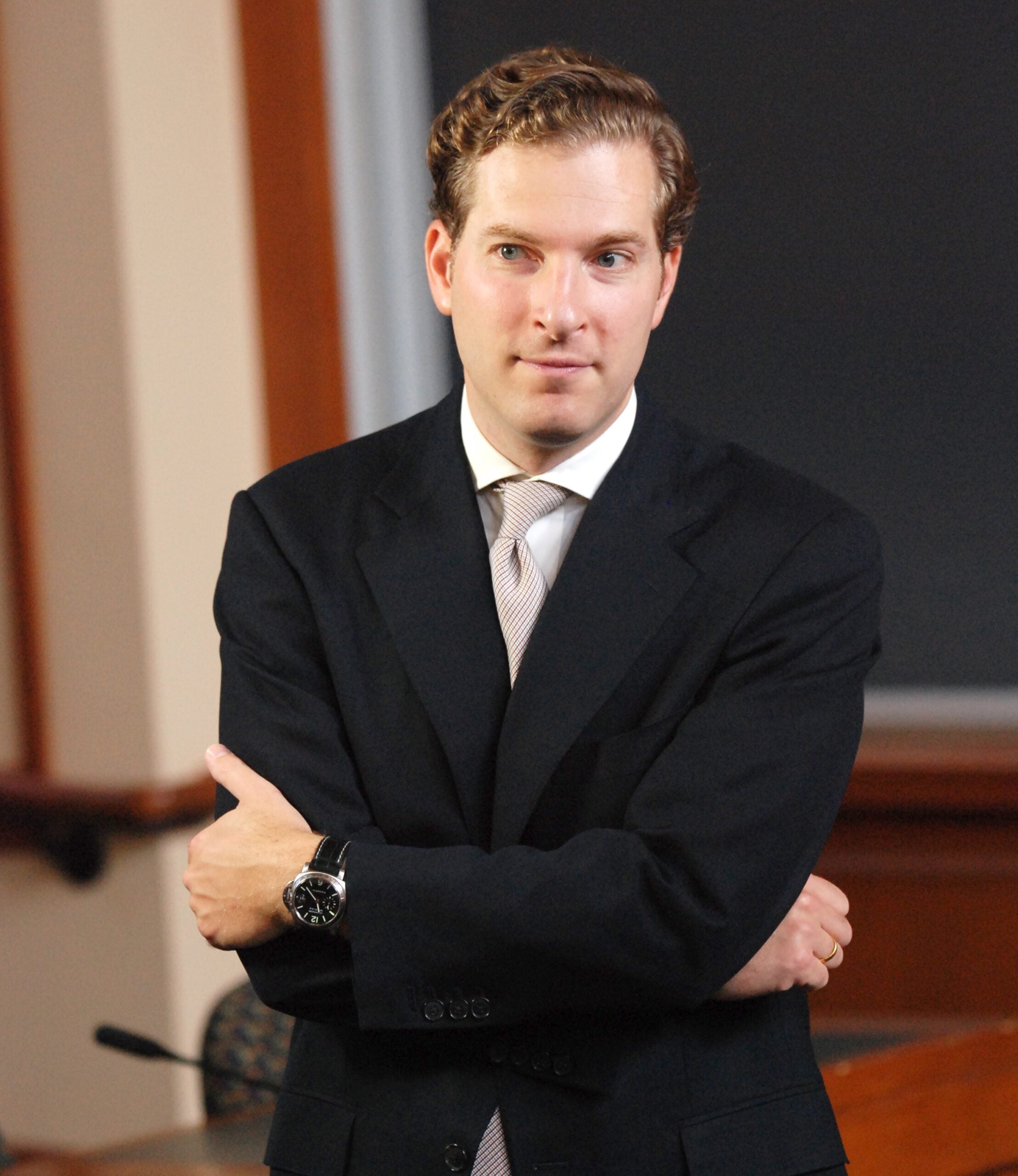Two days before President Barack Obama announced the formal end of the U.S. combat mission in Iraq, Harvard Law School’s Noah Feldman wrote an essay in The Wall Street Journal comparing U.S. involvement in Iraq with America’s role in South Korea after the Korean War.
His essay, “A very long engagement,” appeared in the Aug. 28, 2010, edition of the Journal.
Feldman, a former senior advisor to the Coalition Provisional Authority in Iraq, argues that in order for Iraq to become an effective, self-governing nation, the U.S. will be required to play a continuing role in maintaining security.
“[T]here is the danger that Iraq’s fissiparous character could drive it back into civil war. Civil war began to break out in 2004 and 2005 because, in the absence of a national military or an effective occupying force, ordinary people did not believe the government was capable of protecting them. That forced everyone to find someone who might be capable of doing the job—and for most people, the best candidate was a militia. Sunnis squared off against Shiites. Meanwhile Iraq’s Kurds cast a baleful eye over the whole situation, and spoke in robust terms about regional autonomy that sounded very much like independence. Faced with the collapse of Iraq into something like Lebanon—or worse, Somalia—the Bush administration opted for a new counterinsurgency strategy. Violence was reduced because, for the first time since the U.S. invaded Iraq in 2003, Iraqis felt that there was a force capable of dominating the situation and ensuring basic order. The surge worked because it managed to convince the vast majority of Iraqis that they had more to gain by pursuing power peacefully than through violence.” (Read full essay below).
Feldman was also interviewed on “The Takeaway,” a national morning news radio program produced in partnership with The New York Times, the BBC World Service, WNYC, Public Radio International and WGBH Boston, on August 31.
In that interview, Feldman commented on the Obama Administration’s pledge to withdraw all troops by October 2011 and whether it is realistic for Iraq to fully support itself by the end of next year:
“It depends on the proposition that a non-democratic country without a very strong democratic tradition, or really much of one, could be transformed into a democracy,” said Feldman. “Cultural transformation, which is what we’re talking about, takes decades—not weeks, not months, and not even a few years. And in Iraq, we have seen some progress. … But we’re talking about something that will take a significant amounts of time and can only occur if there is real stability in the country.”
Feldman is the author of several books, including “The Fall and Rise of the Islamic State” (Princeton University Press 2008) and “What We Owe Iraq: War and the Ethics of Nation Building” (Princeton University Press 2004). His latest book, “Scorpions: The Battles and Triumphs of FDR’s Great Supreme Court Justices,” is forthcoming from Twelve Books in November 2010.
